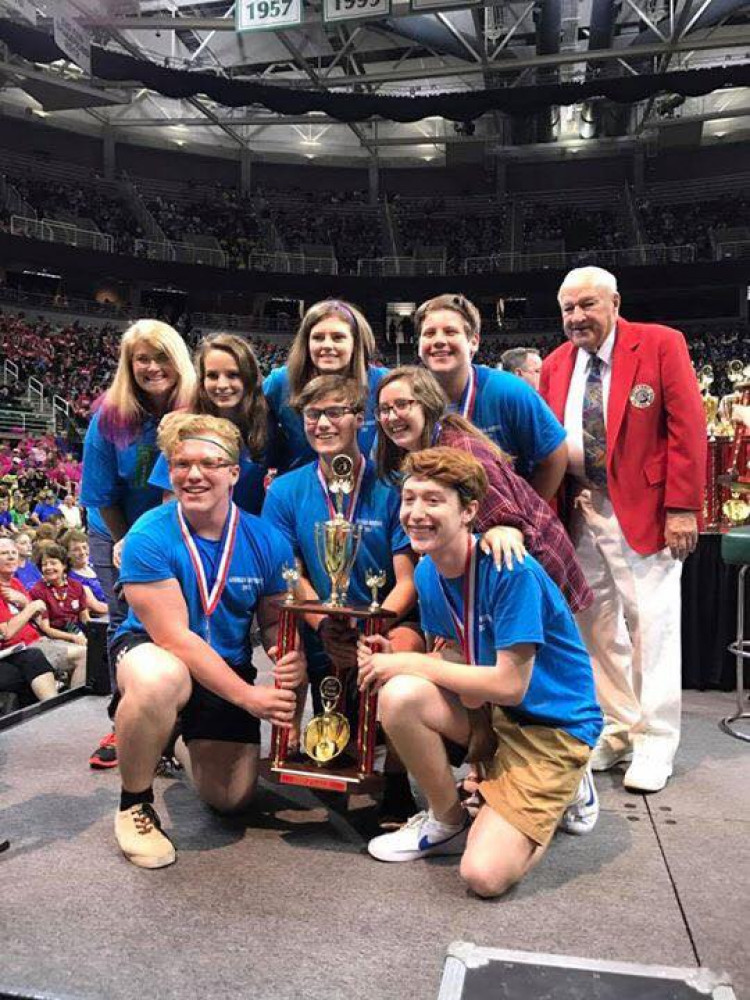7 Activities That Will Develop Soft Skills in Your Kid
{Hint: Extracurriculars Matter}
 Credit:
Photo courtesy of Kimsey Hodge
Credit:
Photo courtesy of Kimsey Hodge
I sat across from Cives Steel President and General Manager Greg Orff last Fall hoping to better understand the education gaps in his workforce. I wanted to understand the sorts of technical skills we might need to develop in our students. “That’s all done in-house,” he said. “I hate to say it, but it’s the soft skills.”
As more and more business leaders echo the call for more soft skills training, schools and economic development task forces rally to create programs to fill the need. Rather than creating yet another standard for students to meet, another artificial examination for students to pass, more progressive states are doubling down on experience-based education. Some are redesigning curriculum around project-based learning approaches to better simulate real-life working conditions. Others are investing in German-style apprenticeship models and work-based learning programs.
Using data points from LinkedIn’s 500+ million users, Business Insider reported leadership, communication, collaboration and time management as the soft skills most likely to result in a hiring. Here are some plug-and-play programs and ways for students to practice these skills before hitting the real world.
- Show leadership by creating an impact through Design for Change. DFC offers students a way to engage with community members and local leaders to identify and solve a pressing community need. This sort of real world problem-solving allows future job seekers to demonstrate an ability to use key leadership skills like strategic thinking, listening skills, and influence.
- Practice communicating with Model UN, National Speech and Debate Tournaments, or Toastmasters International’s Youth Leadership Program. All three offer plenty of opportunities for communications coaching with the added bonus of increasing global awareness.
- Collaboration can be messy, as anyone who has ever participated in Odyssey of the Mind or Destination Imagination can attest. With similar programming, these worldwide creative problem-solving competitions require an intense amount of collaboration and time management to solve long-term creative problems. The problems are designed to accommodate multiple learning styles and interests.
- Get a job. Nothing will teach on-the-job skills quite like being on the job. Listen and watch workplace interactions, take note of who excels and who gets left behind.
Ironically, the teaching of soft skills is a bit of an oxymoron. These are skills that are honed by real-world experience, not through academic assessments or online interactions. Your child can practice these skills through pursuing any of their passions. If you have an artist, encourage them to organize a public art show around their favorite cause. If you have a chess player, ask them if they can start a club or mentor younger players while keeping up your own schedule. If your child is an athlete, have them look for opportunities to lead their team in a new way-- maybe it’s convincing teammates to show up half an hour early every practice to work on their mental game or organizing a study session.
